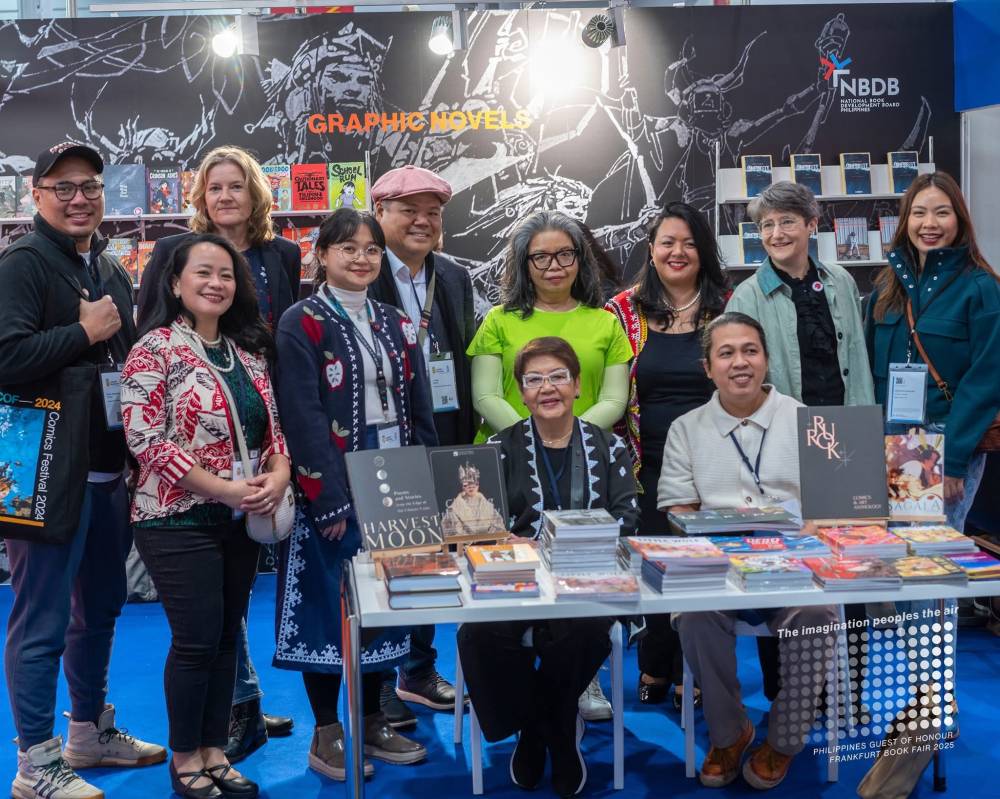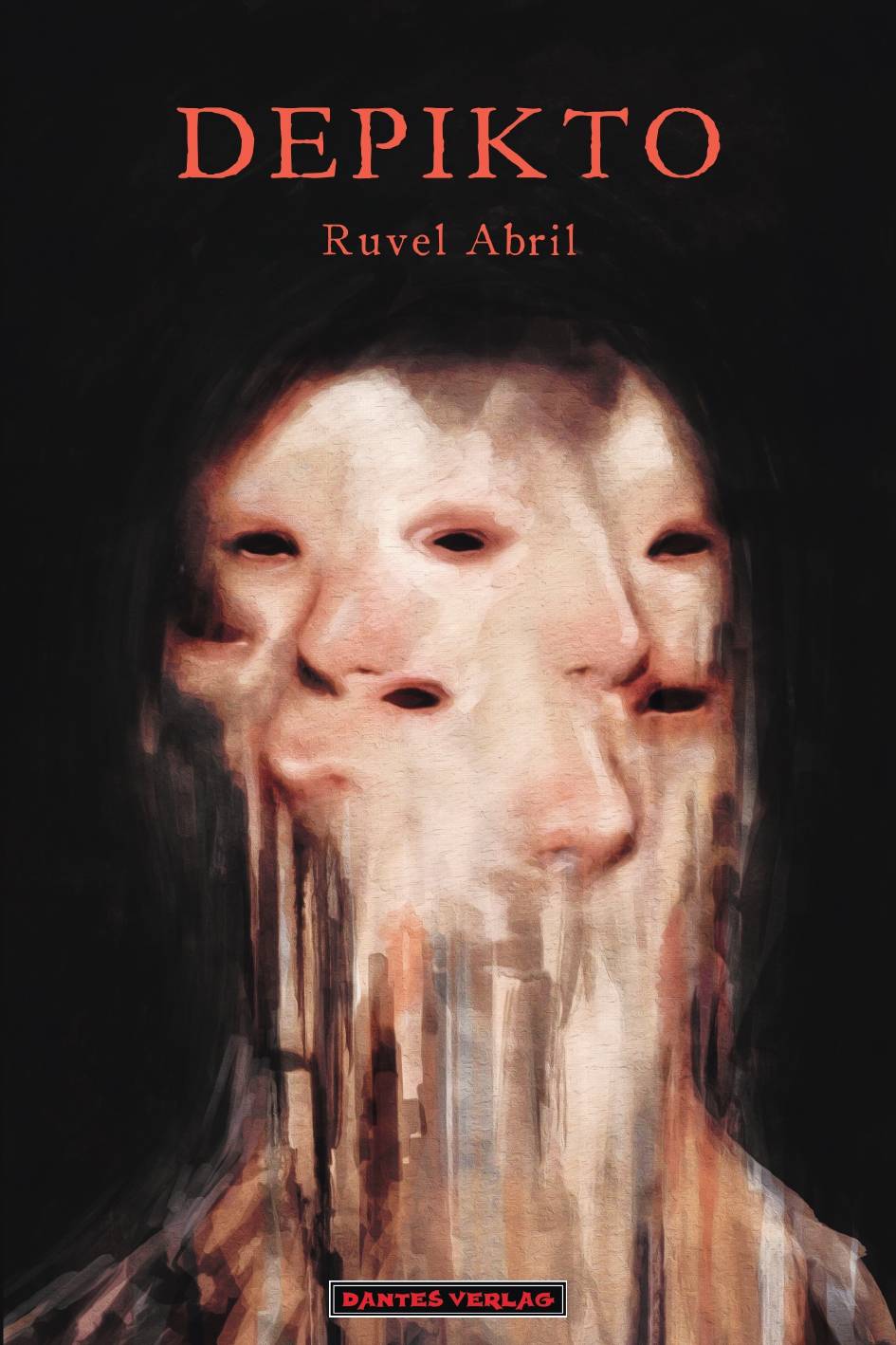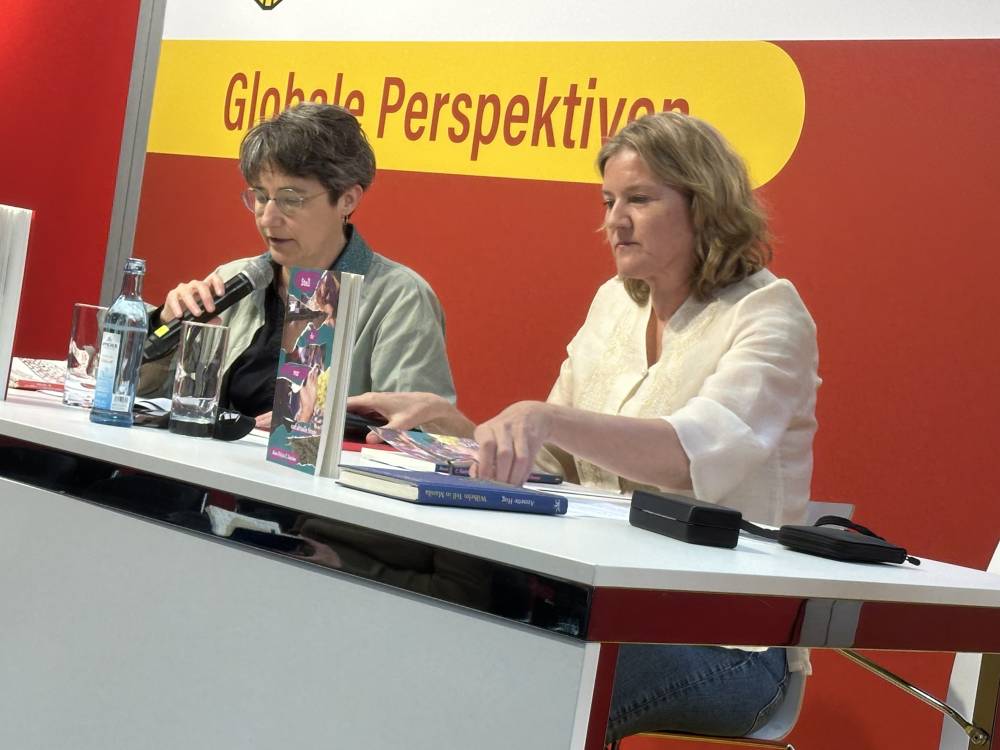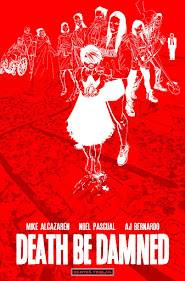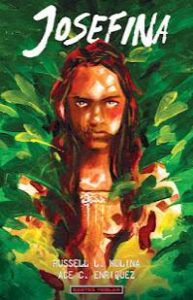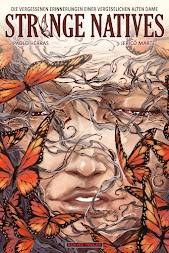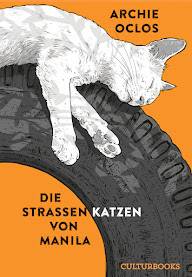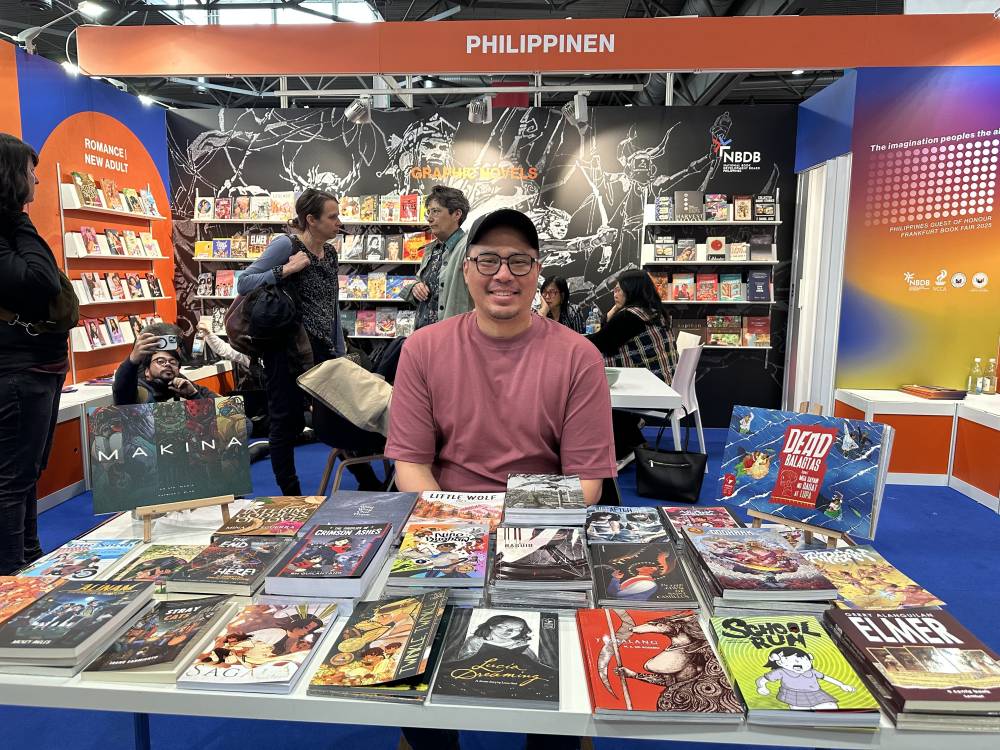
Is it almost rude to ask why the phenomenal success of the komiks/graphic novel genre by our Filipino talents is attracting international readers?
We are preparing for the country to be Guest of Honor (GoH) at the Olympics of book fairs, the Frankfurter Buchmesse on Oct. 15 to Oct. 19, with our participation led by the Office of Sen. Loren Legarda, the National Commission for Culture and the Arts, the Department of Foreign Affairs, and the National Book Development Board (NBDB). As we count the number of translated titles we will proudly display at the fair, we cannot help but be impressed at the record-breaking 96 rights sold by our graphic novels to date. (“Rights sold” means bought by a foreign publisher for reprinting in a foreign language.)
Translations, whether through the NBDB’s Translation Subsidy Program for foreign publishers or through independent initiatives, are important for our GoH presence as it bridges the gap between our Filipino writers in English and in our 183 living languages, allowing them to reach a global audience.
The story of the journey of the graphic novel is interesting as it allows other genres to learn from its lessons. Not a walk in the park, as Komiket publisher Paolo Herras will be the first to admit. The first time he was at the Frankfurter Buchmesse in 2021, he sold nothing, but he learned to do his research on which countries sold comics, art styles, and gave grants.
As Komiket publisher, Herras encouraged the community to publish books longer than the 96- to 128-page range. Then, the group conceived the first Philippine International Comics Festival, drawing attention to high-quality komiks. Herras has every reason to take pride in the fact that “it is the only comics festival in the world that has an official selection of ten graphic novel pitches … published and launched in time for the festival, made available through Komiket’s komiks art markets and online bookstore, and represented in international book fairs and comics festivals.”
Angouleme
Herras and Komiket also discovered that the entry to the European market was through the Angouleme International Comics Festival and Rights Market, as France is the gateway to Europe—nay, even the rest of the world—as it is the go-to country for comics. Thus, the NBDB support for Philippine participation in Angouleme for the past two years now.
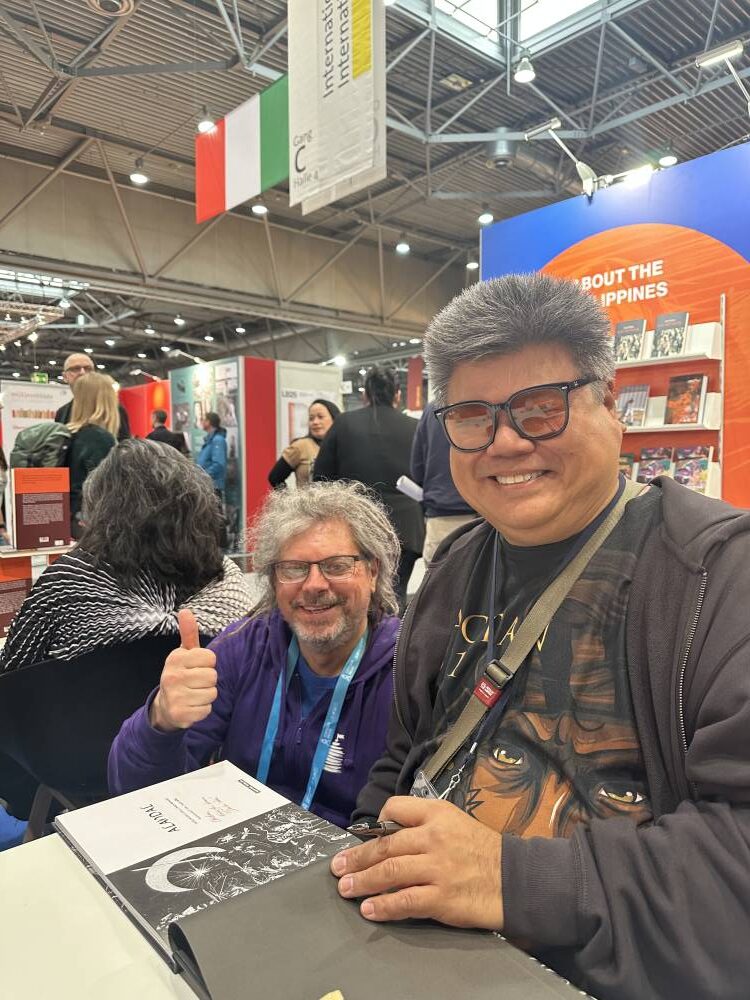
Two other prominent figures in the field attempt to explain the phenomenon. Jay Ignacio, whose “Alandal” was the very first graphic novel sold by Komiket for a German edition, explains the popularity of Philippine graphic novels, crediting the tradition in the country: “Our komiks tradition was taken from the American comic strips, but one can say that it really began in 1929 when Tony Velasquez created ‘Kenkoy.’ Since then, numerous publications have had their own strips, and later, they came up with more serious serialized stories. The 1950s and the 1960s are considered to be the ‘Golden Age’ of Filipino komiks, and the leader of the pack was Francisco V. Coching.”
He continued, “What’s unique to the Philippines is the style of illustration, one that the Americans referred to as the ‘Filipino style.’ The drawings are very detailed, the backgrounds are lush, and the illustrators worked very fast, as thousands of titles were published weekly. Also, they were masters at using the Chinese brush, which lent their illustrations a special character that pencillers could not emulate.”
A lot of the komiks buyers he met at the Leipziger Buchmesse knew nothing about the Philippines, but the art drew them in and stirred their curiosity. “Some were impressed with the komiks they bought from previous events abroad, and they wanted more. There’s also no denying the strength of both Gerry Alanguilan’s “Elmer” and the “Trese” franchise that opened doors for the rest of us komikeros,” said Ignacio, who is a musician, documentary filmmaker, actor, and improv theater veteran. He is working at present on a much-awaited documentary on Pinoy komiks. He was a guest author at the GoH press conference in Berlin, and his “Alandal” inspired a musician to compose a companion piece as an original crossover.
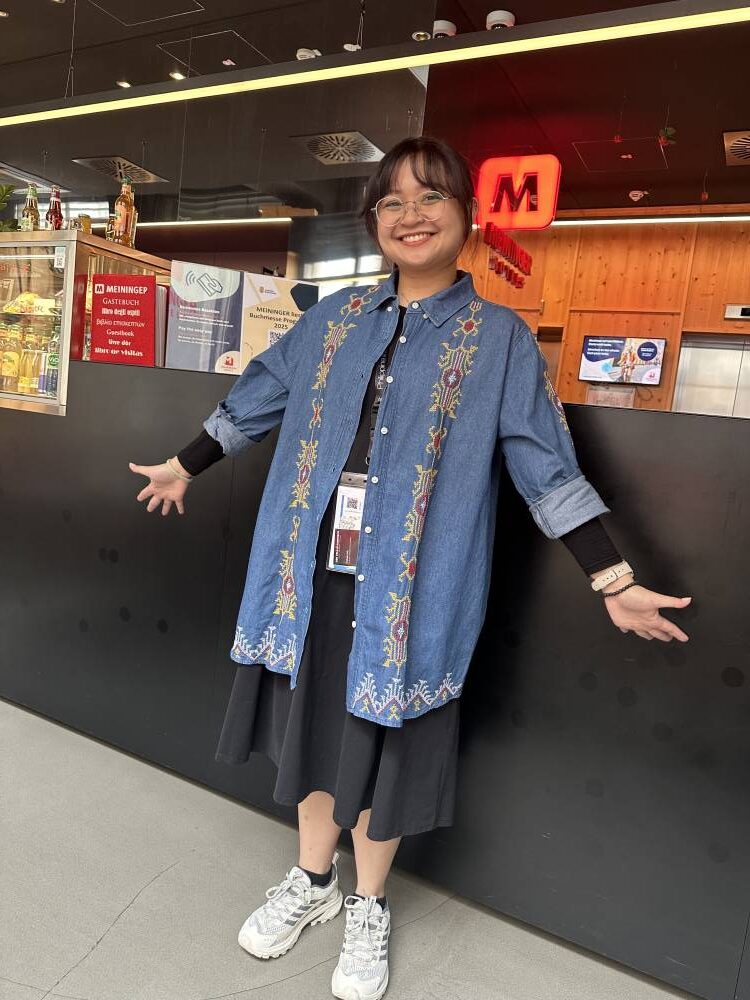
Age-old art
Renren Galeno is a young, shy, highly talented visual artist from Davao. Discovered online by the Washington Post, she went on to illustrate and win the 2024 Pulitzer Prize Finalist for “Searching for Maura.” To date, Galeno’s “Sa Wala” is the best-selling graphic novel in the list below.
Galeno speaks of the popularity of komiks as age-old sequential art to tell stories, “imbued in every culture, from the cave paintings to the bas reliefs on temples.”
Komiks are very accessible, being primarily a visual medium. And happily for her, “The drawings offer a layer of nuance that could have otherwise been lost in translation, allowing more of the work to remain ‘intact,’ so to speak.”
All is not sweetness and light for komikeros. As Galeno says with candor, “They are difficult to make and do not pay well.” This is a situation the creatives in the country are all too familiar with.
At the recent Leipziger Buchmesse, Herras led the session “Filipino Komiks Traveling the World.” He drew up the top 15 translated titles with the respective foreign editions they have, pointing out that these rights were also sold by the French agents of “Elmer,” the US editions of Tuttle were sold by Jamie Bautista, while Ablaze was mostly through the efforts of Avenida publisher Nida Ramirez.
A brief description of the storyline has been included so that you, the Filipino reader, may be lured to discover them, too, as worldwide readers have.
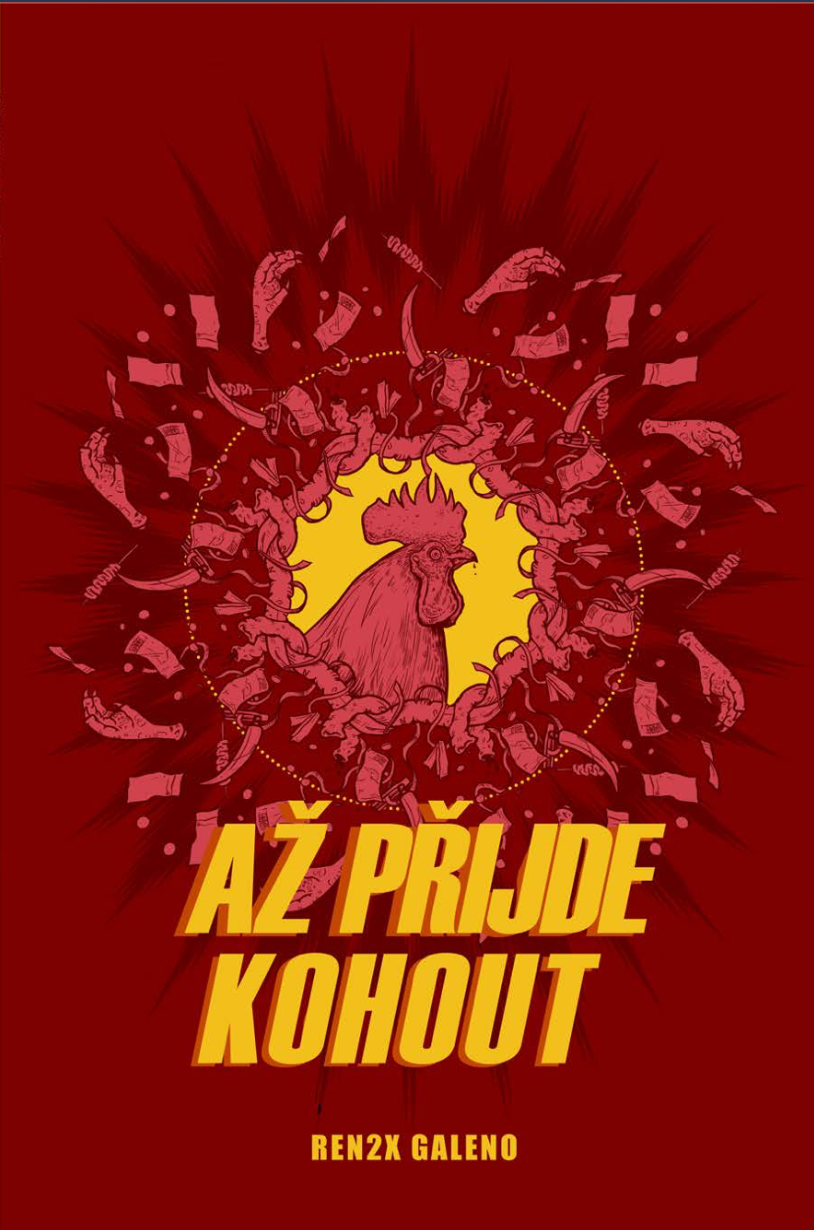
“Sa Wala” by Renren Galeno
Germany, France, Egypt, Myanmar, Brazil, Czech Republic, Russia, and Spain
Anding finds a mysterious rooster with uncanny strength who brings him luck in cockfighting. But its thirst for blood spells doom.
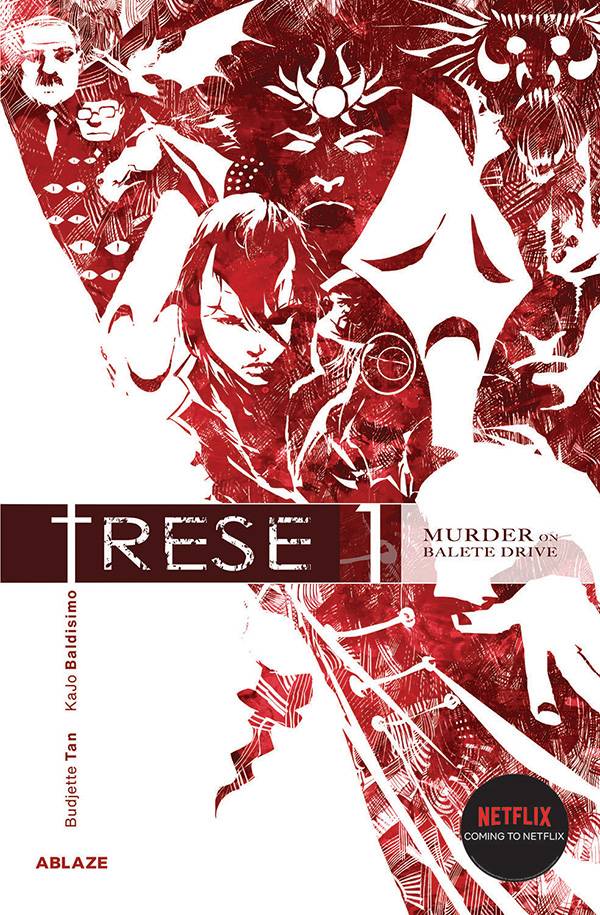
“Trese” by Budjette Tan and Kajo Baldisimo
USA, France, Germany, Italy, Spain, Brazil
This series revolves around Alexandra Trese, a detective solving supernatural crimes in Manila. Drawing from Philippine folklore, it features creatures like the tikbalang and aswang, blending dark fantasy with crime and horror. It was adapted into a Netflix animated series, drawing attention to our graphic novels.
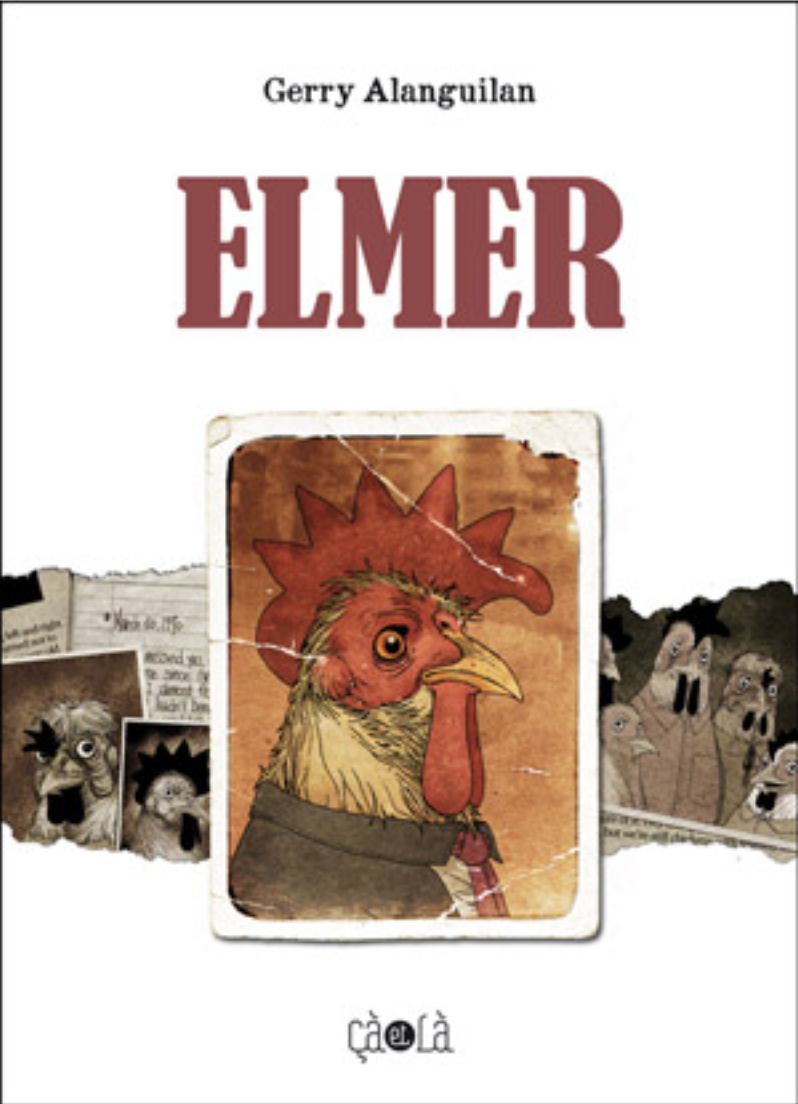
“Elmer” by Gerry Alanguilan
France, Germany, Italy, Singapore, Myanmar
Akin to George Orwell’s “Animal Farm,” chickens gain human-level intelligence and fight for equal rights.
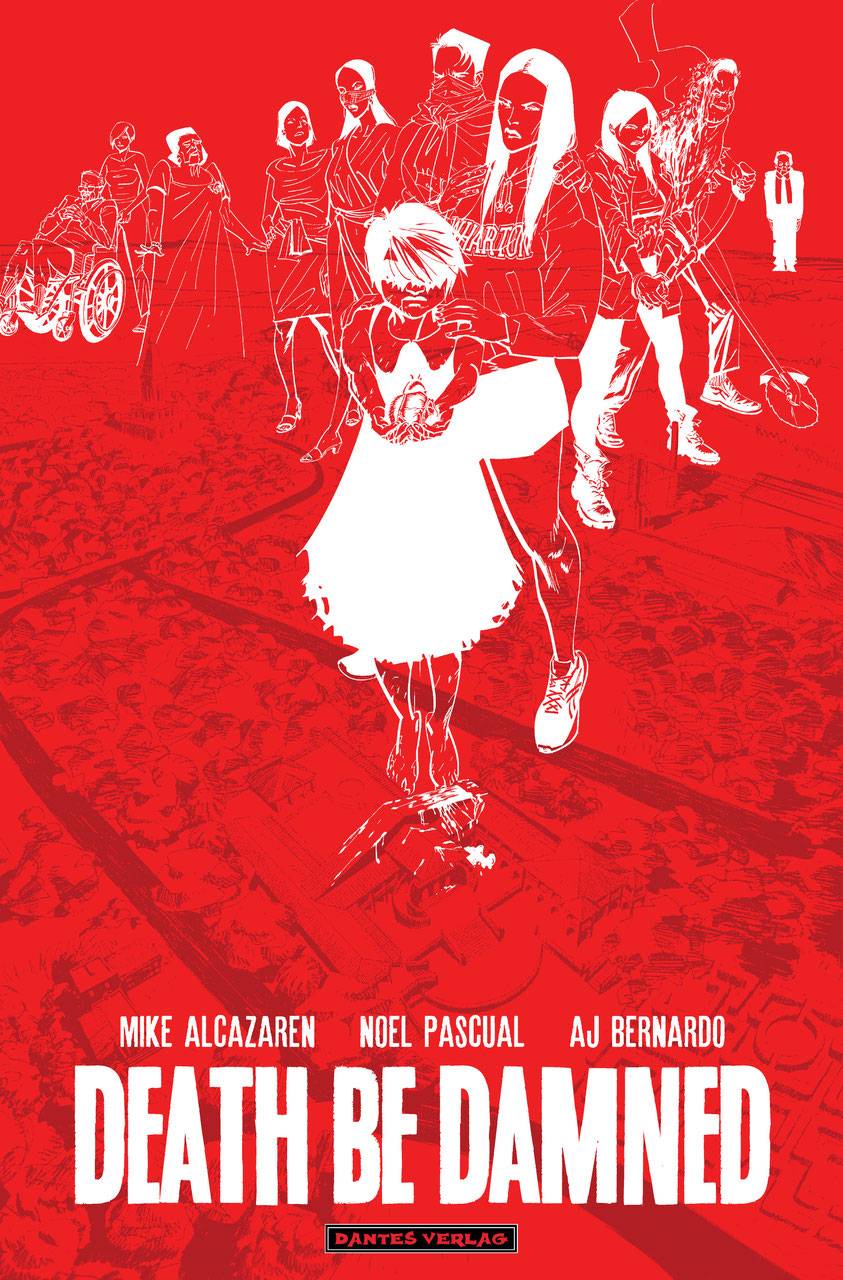
“Death Be Damned” by Mike Alcazaren, Noel Pascual, AJ Bernardo
USA, Germany, France, Egypt
This tale follows Miranda Coler, who cannot die until she avenges her family’s murder. Each time she’s killed, she loses a part of her memory.
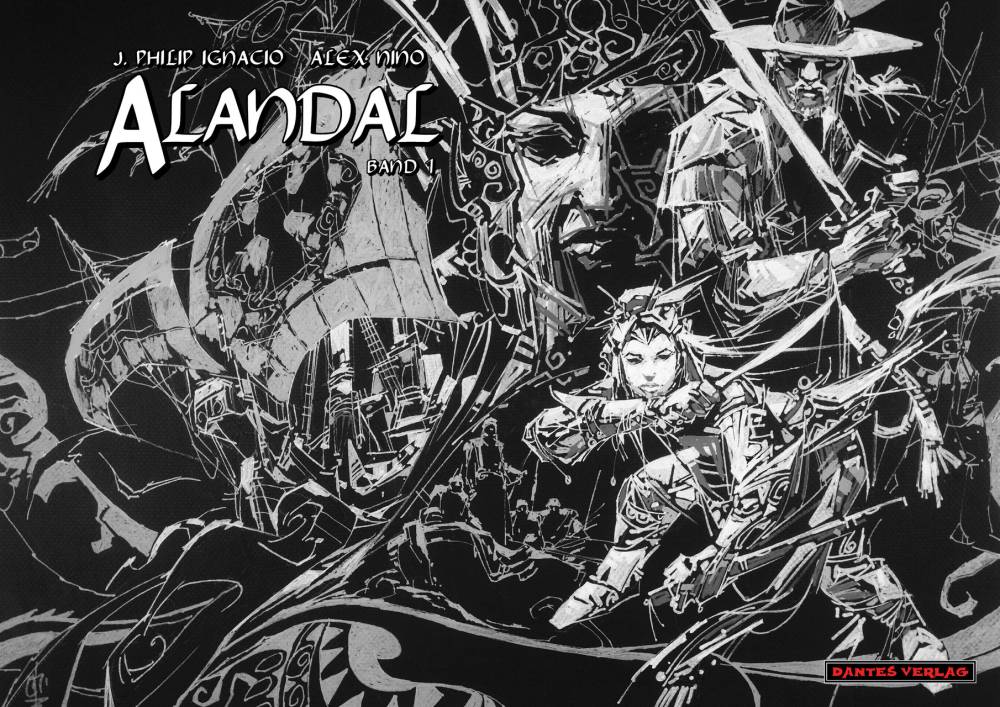
“Alandal” by J. Philip Ignacio
USA, Germany, Myanmar
Set in 1774, this story follows Sabina, the daughter of a Spanish conquistador, who is abducted by pirates and taken to Jolo. There, she discovers her heritage as the granddaughter of the Sultan of Sulu and meets a mysterious swordsman named Alandal.
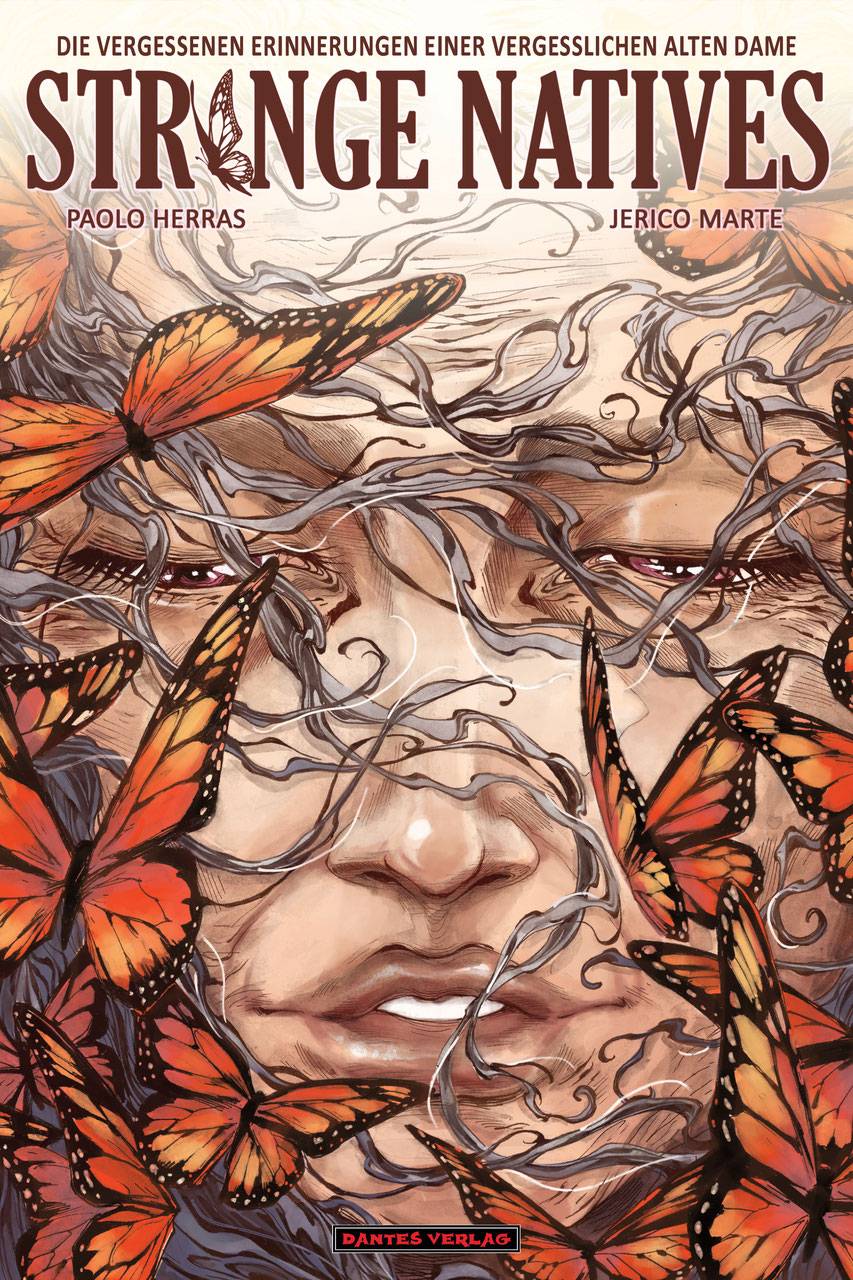
“Strange Natives: The Forgotten Memories of a Forgetful Old Woman” by Paolo Herras and Jerico Marte
Germany, France, Italy
This anthology series delves into themes of memory, culture, and identity. One story, “The Forgotten Memories of a Forgetful Old Woman,” follows Grasya, an elderly woman grappling with lost memories, serving as an allegory for the Philippines’ forgotten native culture.
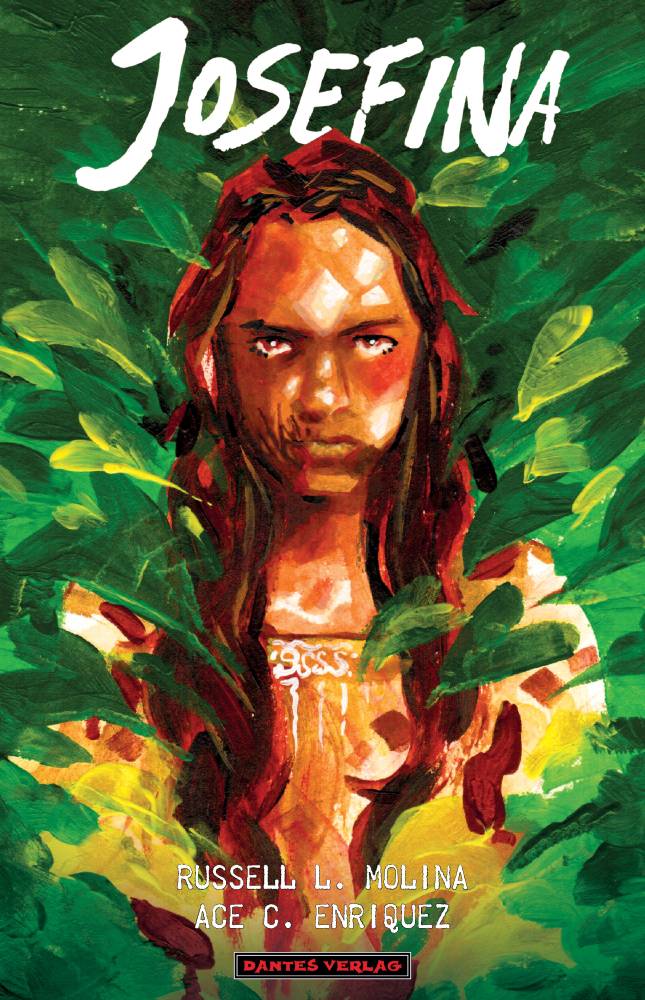
“Josefina” by Russell Molina and Ace Enriquez
Germany and Myanmar
This graphic novel reflects Filipino realities and culture, exploring themes like discrimination and apathy.
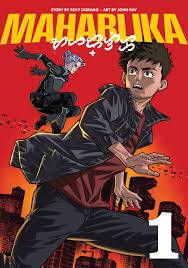
“Maharlika” by Rexy Dorado and John Ray Bumanglang
Italy and Denmark
Set in an alternate timeline, this reimagines the Philippines as a global superpower. It combines sci-fi, mystery, and Filipino culture, following characters navigating a futuristic yet gritty world.
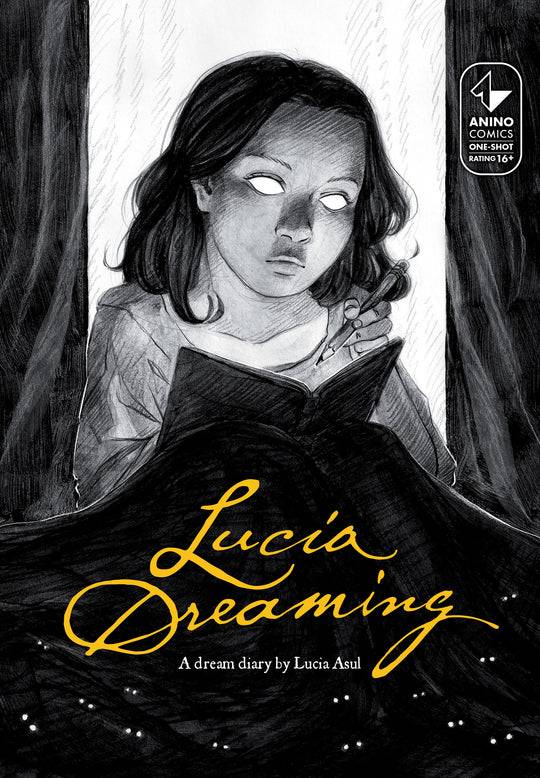
“Lucia Dreaming” by Lucia Asul
France and Egypt
This takes readers through seven surreal dreams, blending entrancing and eerie elements. It’s a visually stunning exploration of familiar places, such as alleyways and sari-sari stores, and eventually finds their way back to their old home, uncovering bittersweet truths about their subconscious.
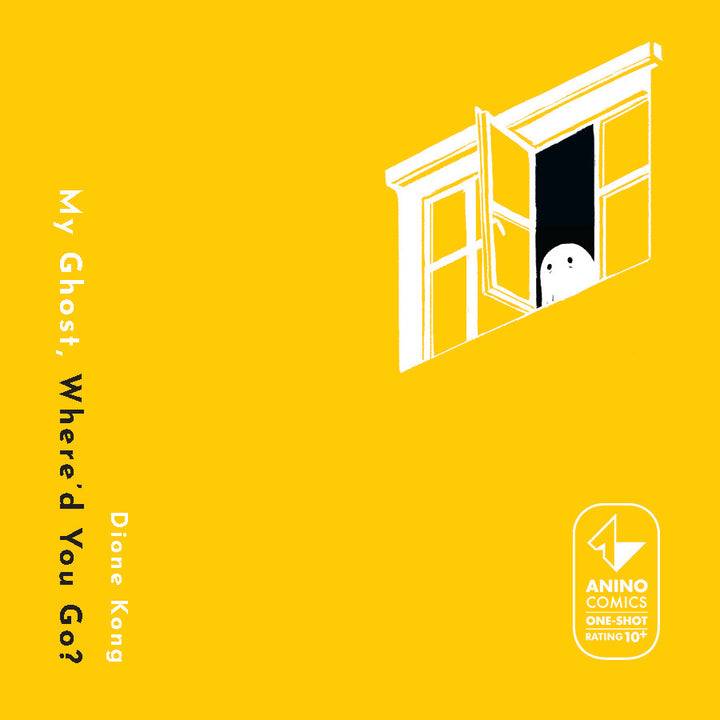
“My Ghost, Where’d You Go” by Dione Kong
France and Egypt
A poignant graphic novel that follows the journey of a little ghost navigating existence, loss, and memory. The story is set in a world of simplicity, with black, white, and yellow as its defining color palette.
“Depikto” by Ruvel Abril
Germany
This is a psychological mystery graphic novel that delves into the eerie and mind-bending experiences of Paco Lazaro. He receives an invitation to an art exhibit where every painting depicts private moments from his life.
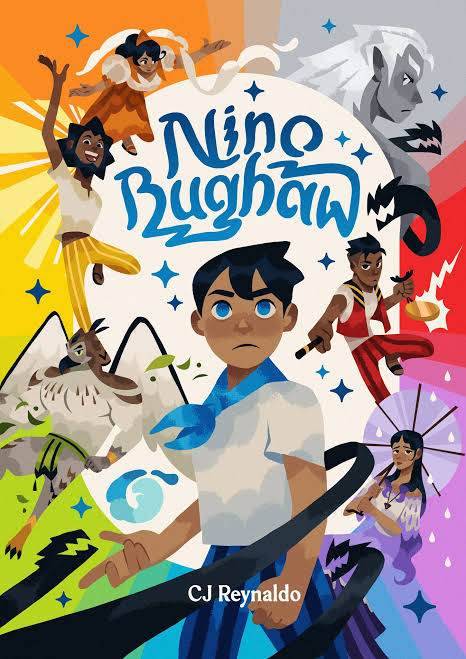
“Niño Bughaw” by CJ Reynaldo
Netherlands
This story follows Niño Bughaw, a deaf weather engkanto (spirit) who embarks on a journey to save his parents from an evil stormy engkanto.
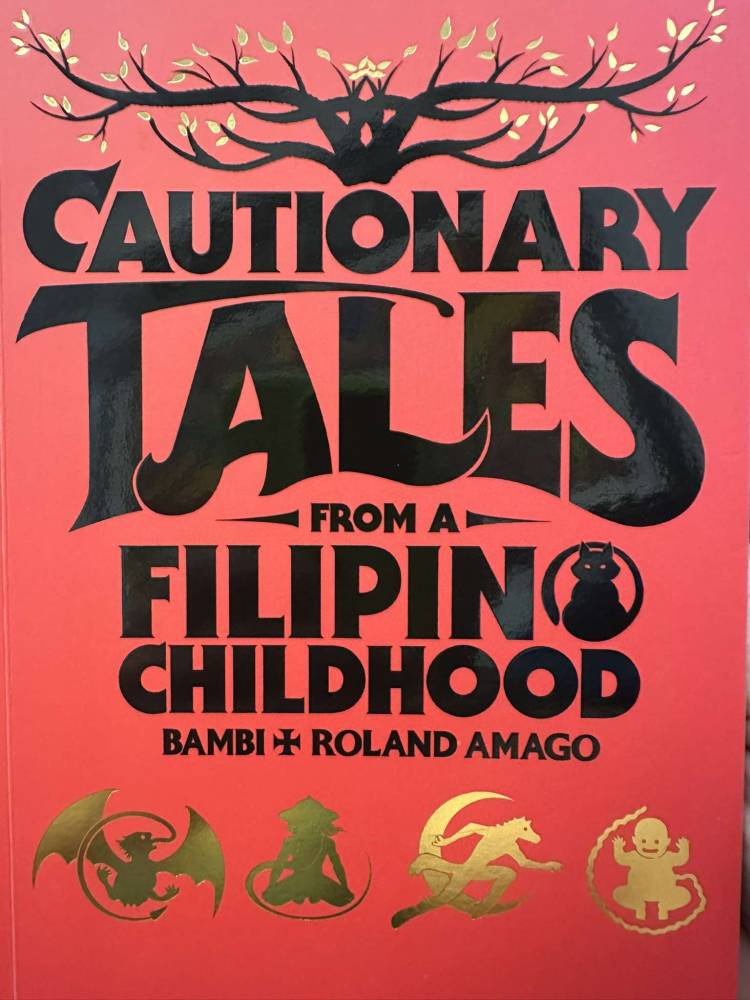
“Cautionary Tales From a Filipino Childhood” by Bambi Eloriaga-Amago and Roland Amago
Germany
A collection of eerie and entertaining tales inspired by Filipino folklore, featuring mythical creatures like manananggal and anting-anting hunters.
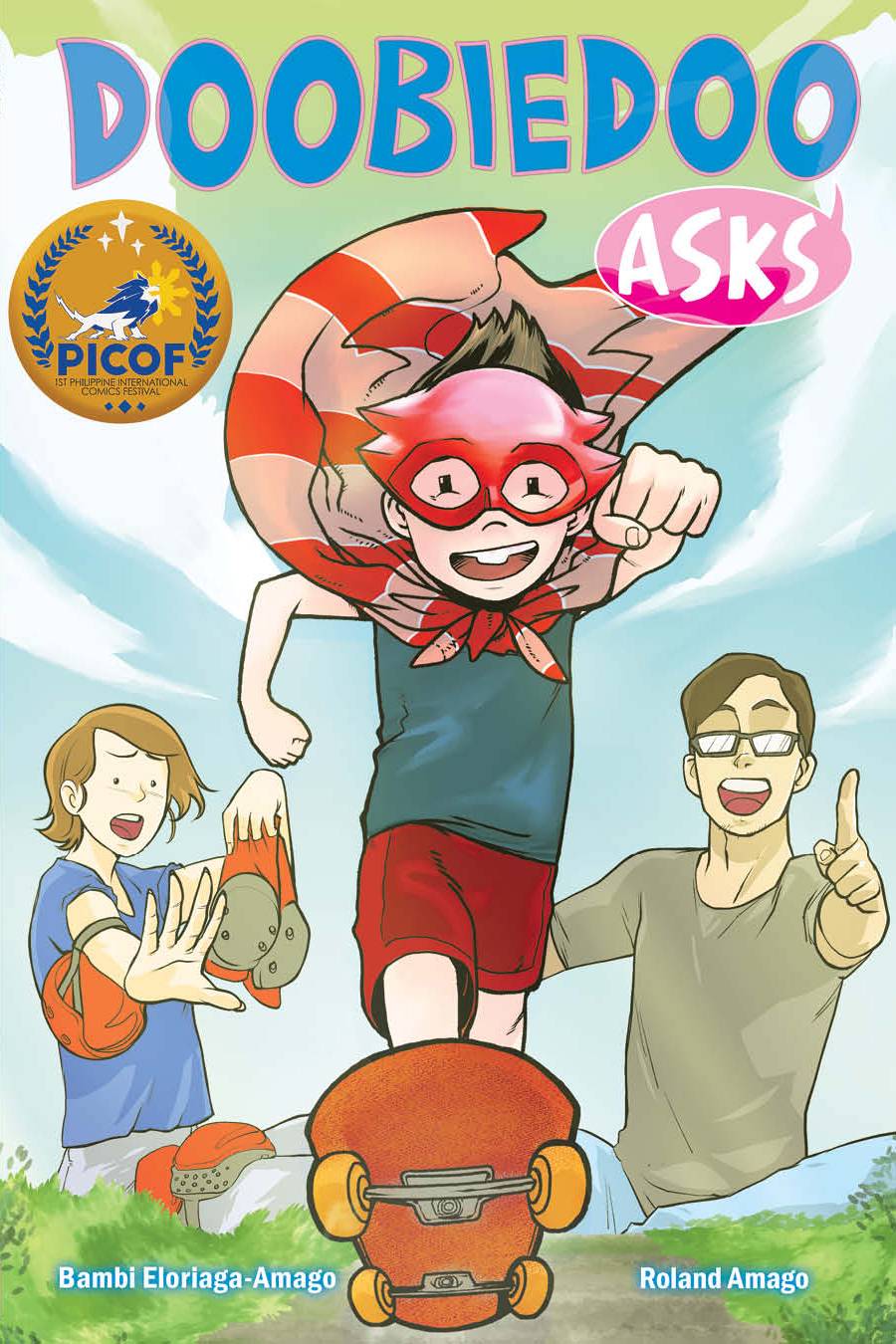
“Doobiedoo Asks” by Bambi Eloriaga-Amago and Roland Amago
Turkey
A semi-autobiographical graphic novel about a boy named Doobiedoo, who discovers he is on the autism spectrum. It explores his parents’ journey to support him and help him thrive.
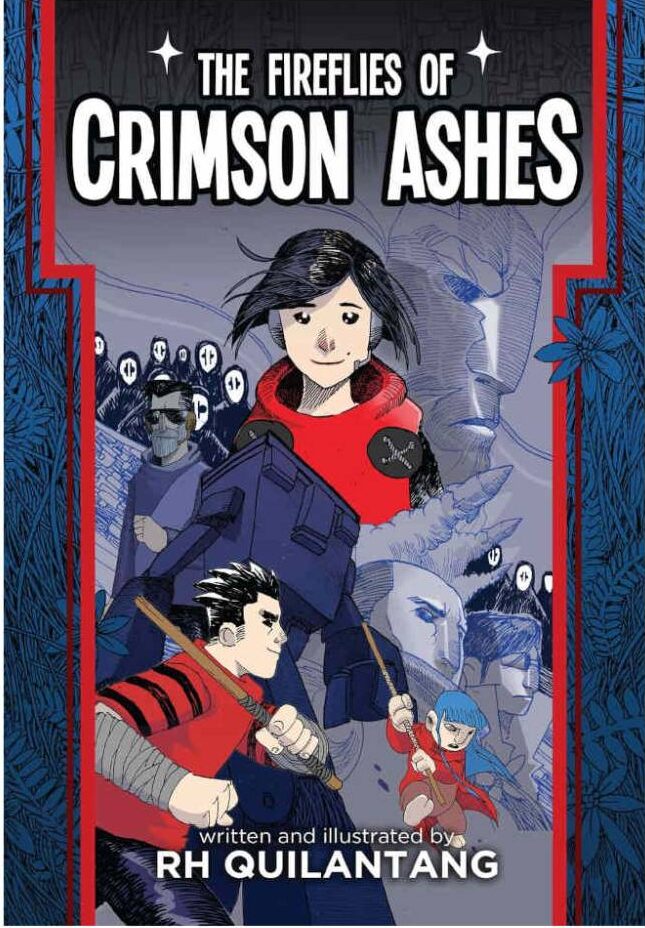
“The Fireflies of Crimson Ashes” by RH Quilantang
Italy
Set in a post-apocalyptic world, this story follows Stella, a young girl who dreams of becoming a tanod (warden) like her mother, as she learns the significance of the fireflies in Crimson Ashes.

